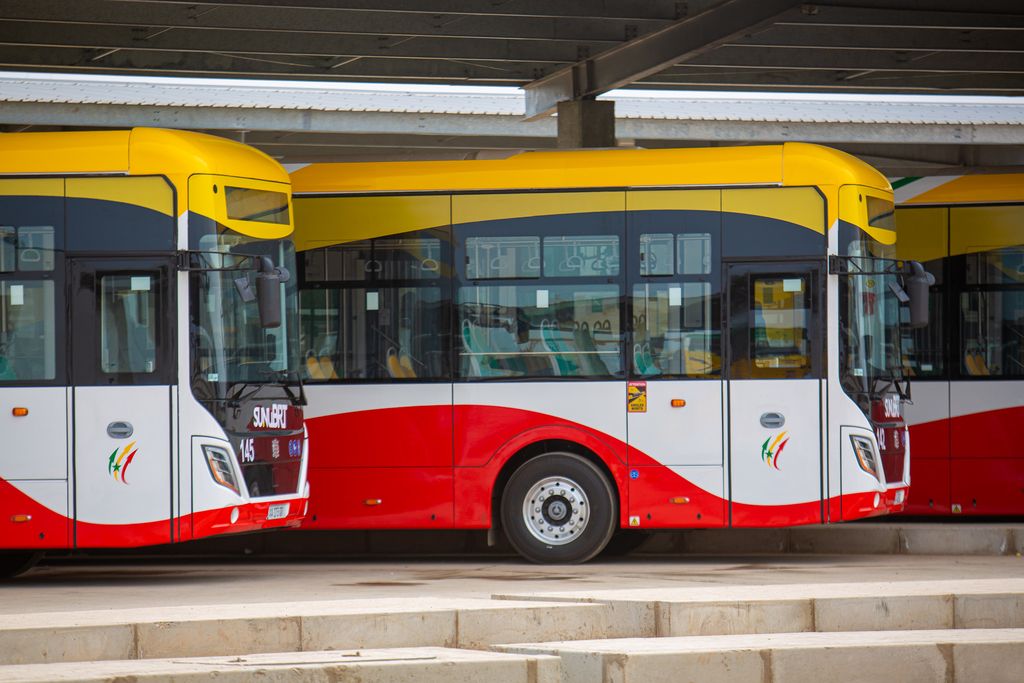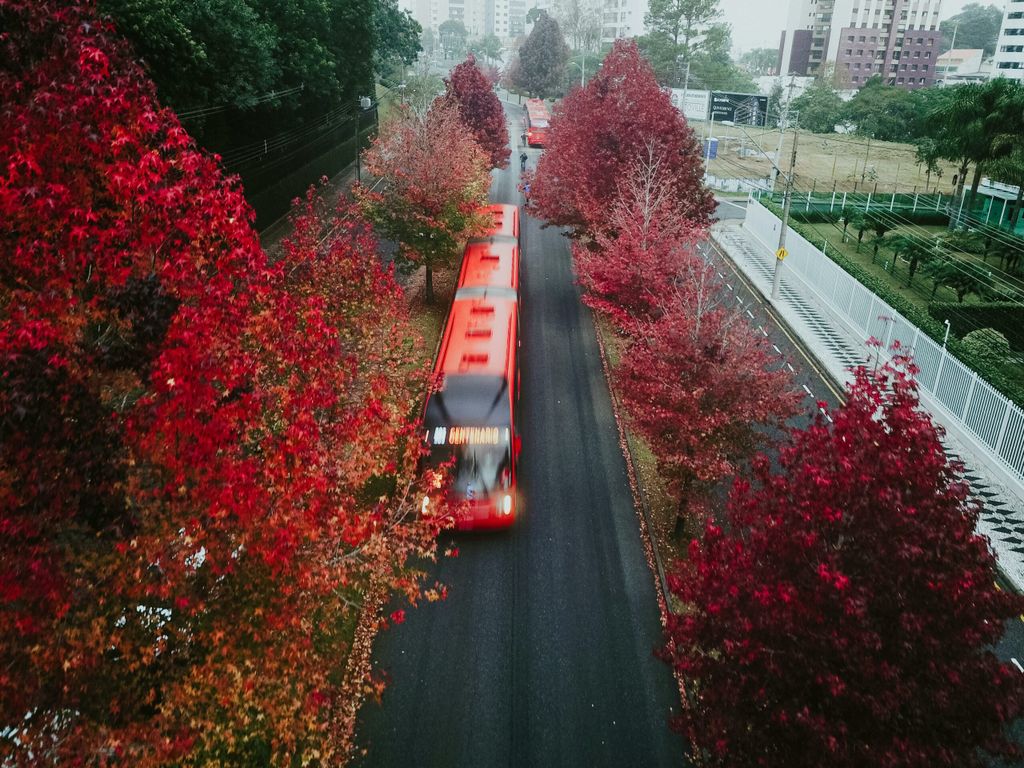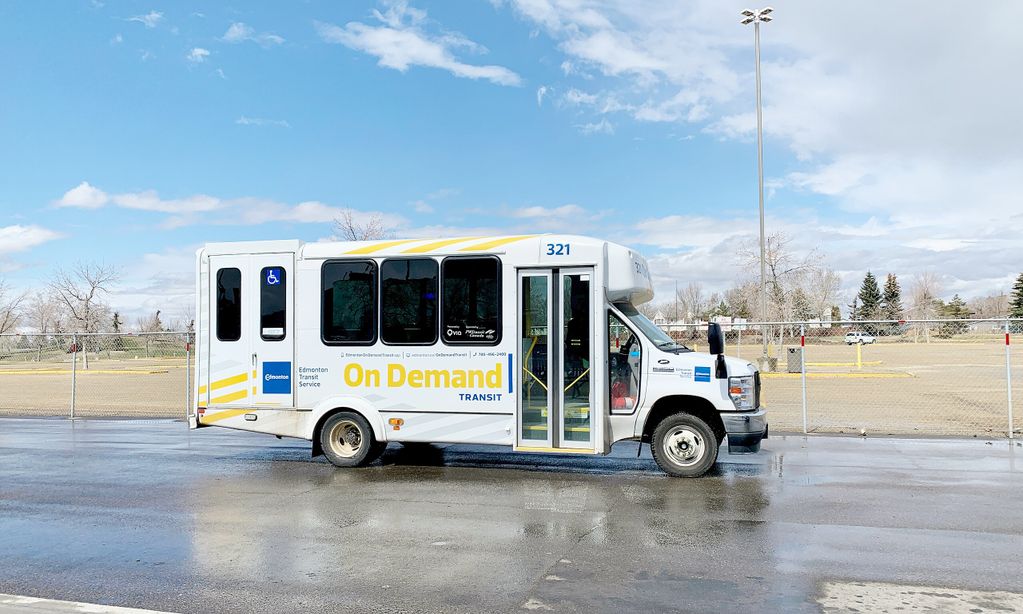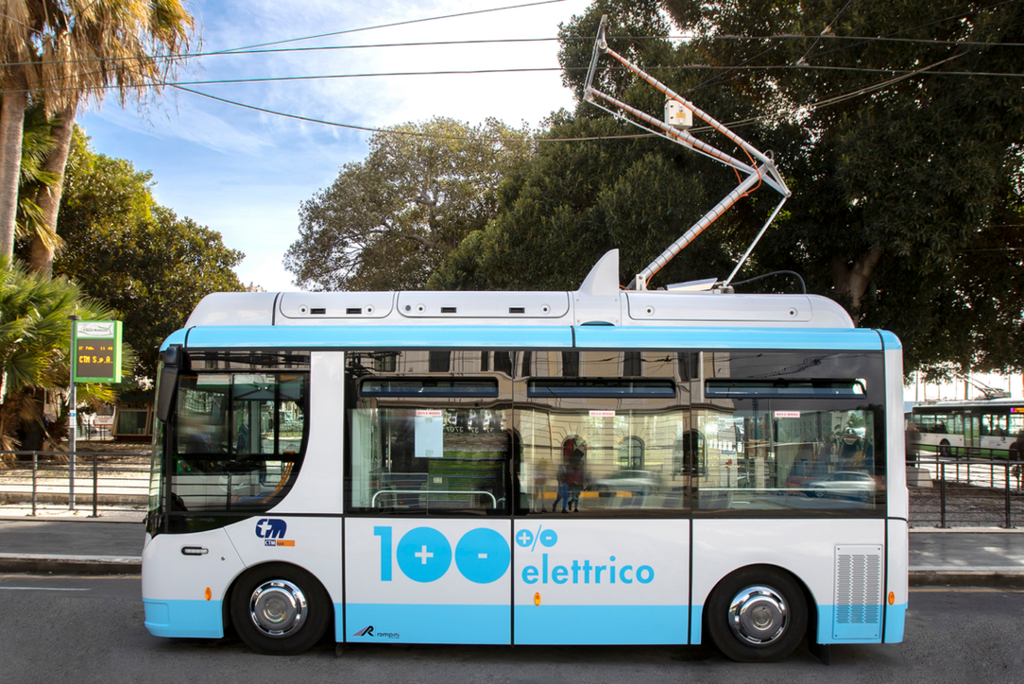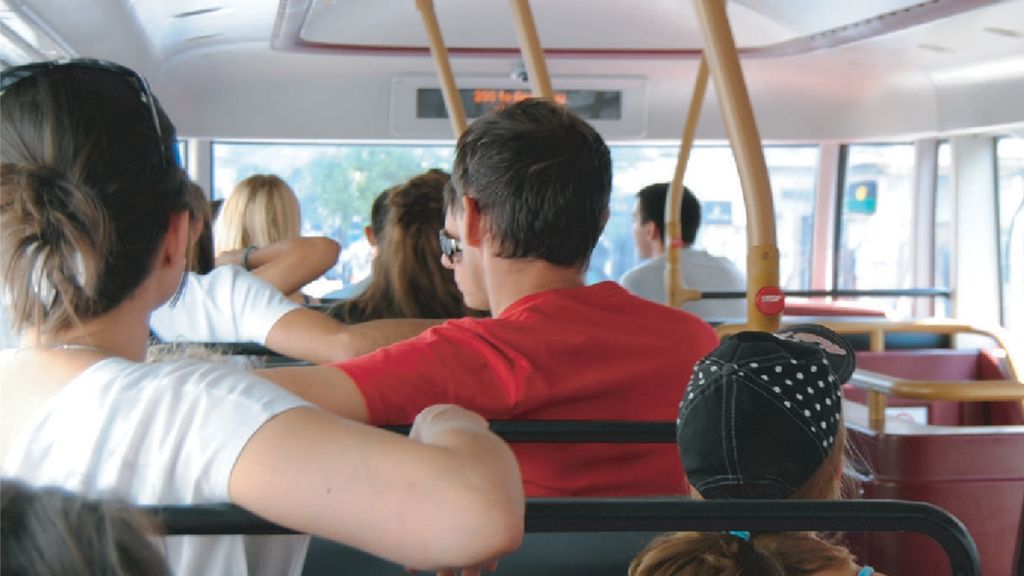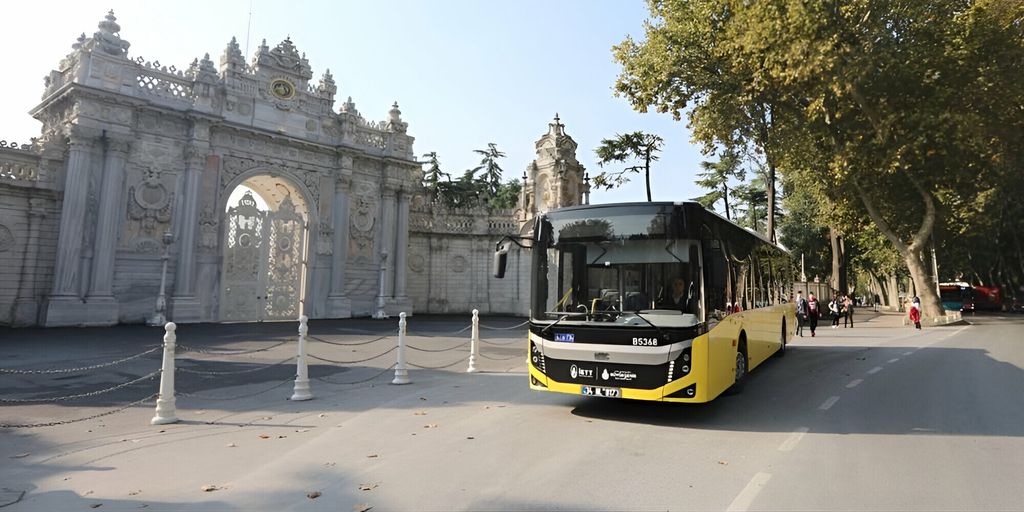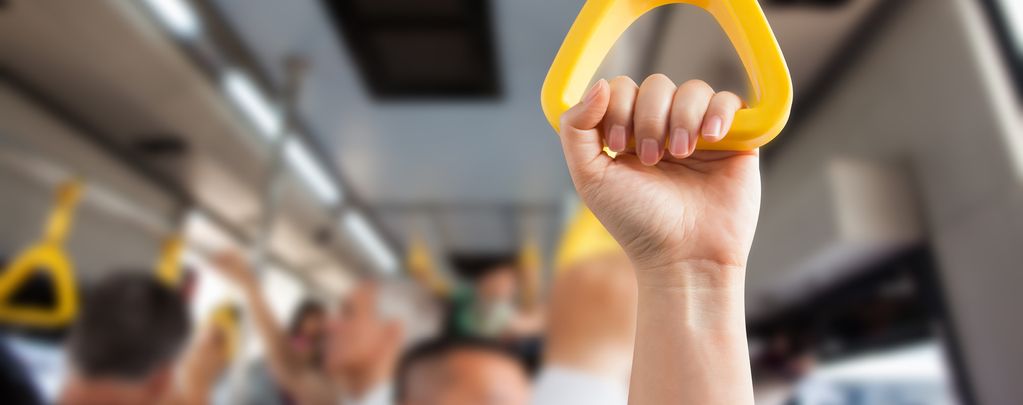
Bus fleet renewal checklist
A new decision support tool for operators, municipalities & authorities
Climate change, local air pollution, noise and congestion are some of the biggest challenges faced by our cities today, with urban mobility being responsible for 40% of all CO2 emissions of road transport and up to 70% of other pollutants from transport. The public bus sector is highly committed to further reduce urban emissions and contribute to higher quality of life in cities.
Fleet renewal is a vast and thorough process that requires a good overview of the several interrelated aspects. When it comes to zero-emission technologies like battery electric or fuel cell hydrogen, fleet renewal includes a fundamental paradigm shift from purely vehicle, to complete system procurement. This is because, in contrast to conventional bus systems, new charging infrastructure and grid connection, or refilling infrastructure, plays a key role in the future system transformation.
In order to effectively address these issues, the renewal process is considered a complex system, where the vehicle, infrastructure and operations are addressed as a whole, and where the operational context, costs and technical performances will set the characteristics of the new bus ecosystem.
The bus fleet renewal checklist is a new decision support tool for bus operators, municipalities and authorities who are in the process of bus fleet renewal. The checklist includes two complementary parts: a flowchart, displaying the steps for fleet renewal in a visual way, followed by the checklist, identifying the key aspects of fleet renewal looking at four pillars: policy & legislative, managerial, economic and contractual, and operational and staff.
Download the Executive Summary
Read the Checklist Report on MyLibrary (members only)
Non-members who are interested in the Report, please contact [email protected]
exclusive resources




